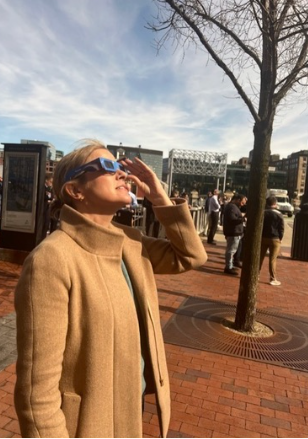Indiana’s Discriminatory Anti-gay Legislation

April 4, 2015
A new law passed in Indiana called the Religious Freedom Restoration Act has come under heavy fire by activists and politicians who correctly state that the law effectively legalizes discrimination against Indiana’s LGBTQ residents. This strongly anti-gay law gives private businesses the legal right to refuse service to anyone based upon the religious views of the business or its employees. Despite garnering national attention and stimulating plenty of controversy among Americans, Indiana Governor Mike Pence continues to back the law. While there are certain laws seen as similar to this new law, Indiana’s anti-gay law is much more discriminatory than its predecessors in other states.
By passing this new law, Indiana’s legislators are allowing Christians who own businesses to refuse service to homosexuals on the grounds that serving or doing business with them would be in violation of their religious beliefs. While LGTBQ activists condemn this in and of itself, the broader issue is that this type of legalized discrimination directly contradicts federal anti-discrimination laws. Whether the law will be repealed is still under question.
Many businesses have threatened to stop expanding into Indiana after the passage of this law. The law is so unpopular among Americans that these chains, such as Apple and Yelp, are wielding their considerable economic influence and hoping to change the law. In addition to this economic protest, thousands are protesting the law in their own ways: by raising awareness about the law, fighting to get it repealed, and attempting to influence Indiana’s politicians to fight against this law themselves. More and more states are following Indiana’s example, including Arkansas and potentially North Carolina. These discriminatory laws which claim to protect religious groups by allowing them to express their faiths have been criticized as misguided and built upon the misinterpretation of past laws.






























